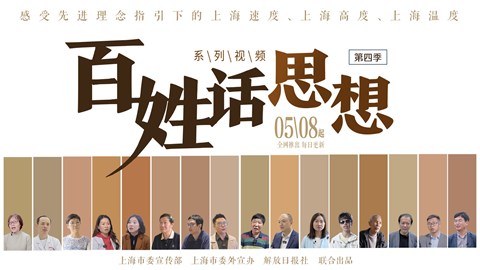Roche Diagnostics: High-quality diagnostic solutions boost early detection of liver cancer

Liver cancer is one of the most common cancers and major cause of cancer deaths in China, which accounts for over 50 percent of new cases worldwide.
It is known as a “silent killer” and diagnosed mostly in late stages. Despite a decline in liver cancer incidence and mortality in China over the past few decades, the five-year survival rate for Chinese patients is only 12.1 percent.
October is Liver Cancer Awareness Month. The Healthy China 2030 strategy aims to improve overall cancer five-year survival by 15 percent. Improving the treatment prognosis of liver cancer, which ranked the 4th in cancer incidence and the 2nd in cancer death, is crucial to achieving the 2030 goal.
Hepatocellular Carcinoma (HCC) accounts for 75 to 85 percent of all primary liver cancers. The early stage HCC is asymptomatic, and is typically not diagnosed until the patient has missed the best opportunity for treatment.
China's high-risk population includes those with hepatitis B or C infection, heavy drinking, fatty hepatitis, cirrhosis, or a family history of liver cancer. Early identification, diagnosis, and therapy are crucial to liver cancer treatment outcomes. Doctors recommend monitoring high-risk patients every six months.
The most commonly used biomarker for HCC is serum alpha-fetoprotein (AFP). PIVKA-II is another significant serum biomarker for HCC diagnosis, especially in patients with negative AFP test.
Roche Diagnostics launched Elecsys PIVKA-II assay and algorithm Elecsys GAAD as aids in the diagnosis of HCC in China this year. Elecsys PIVKA-II offers high analytical precision combined with flexibility in used specimen and requires only low sample volumes. It shows high sensitivity and good specificity in detecting HCC.

Elecsys PIVKA-II improves early HCC detection with AFP.
A CE-marked algorithm Elecsys GAAD is an in-vitro diagnostic multivariate index assay, which can help find early HCC more accurately by combining quantitative data from the Elecsys AFP and Elecsys PIVKAII tests with information about the person's gender and age.
Elecsys GAAD, according to Louisa Shen, vice president of Roche Diagnostics China's Commercial Innovation department, is a significant product of the company's efforts in digital innovation and domestic development. It contributes to the goal of digitally assisted diagnosis and treatment of liver cancer. "We will integrate algorithms for different diseases to expand and upgrade digital solutions for better disease management and optimize clinical decision that will benefit more patients," she said.
Diagnosis is the basis of precise medicine. "As a pioneer and global leader of in-vitro diagnostics, we place the patient's needs first and are committed to innovation and excellence by bringing more innovative products and benefits to Chinese patients," said Jeffrey Chin, vice president of Roche Diagnostics China-Centralized and Point of Care Solutions & Molecular Diagnostics (CPS&MD) department. "Through high-quality diagnostic solutions, we expect to further contribute to the optimization of whole-process management of liver cancer for Chinese patients," he said.

Roche Diagnostics' Elecsys GAAD digital medication enhances liver cancer diagnosis.















